The History of the Palestine-Israel Conflict
The Palestine-Israel conflict is one of the most enduring and complex conflicts in modern history. Dating back to the late 19th century, the roots of this conflict can be traced to the competing national aspirations of the Jewish and Palestinian peoples in the region. Over the years, the conflict has evolved and escalated, leading to numerous wars, uprisings, and peace negotiations.
The modern state of Israel was established in 1948, following the United Nations partition plan that divided the former British Mandate of Palestine into separate Jewish and Arab states. The creation of Israel was met with immediate resistance from the Arab states and the Palestinian population, leading to the first Arab-Israeli war. This war set the stage for decades of conflict and animosity between the two sides.
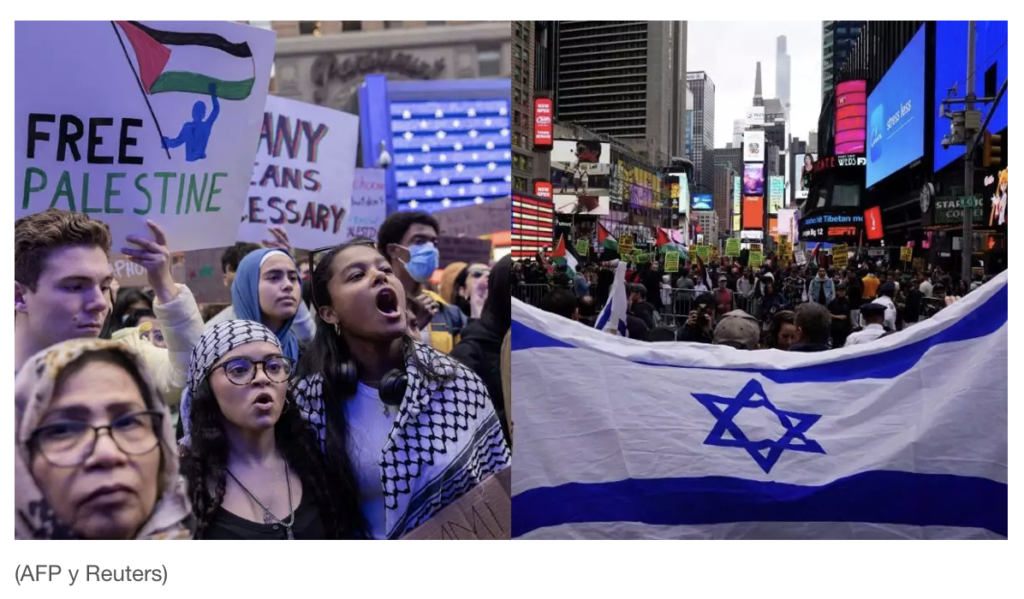
In the years that followed, the conflict between Israel and the Palestinians continued to escalate, with both sides engaging in acts of violence and terrorism. The Six-Day War in 1967 resulted in Israel’s occupation of the West Bank, Gaza Strip, and East Jerusalem, further complicating the situation and deepening the divide between the two peoples.
The Oslo Accords of the 1990s provided a glimmer of hope for peace, with both sides agreeing to a framework for negotiations and the establishment of a Palestinian state. However, the peace process ultimately faltered, leading to the outbreak of the Second Intifada in 2000. This uprising resulted in widespread violence and bloodshed, further entrenching the hostility between Israelis and Palestinians.
In recent years, tensions in the region have continued to escalate, with both sides engaging in acts of violence and retaliation. The Gaza War of 2014, in which Israel launched a military operation in response to rocket attacks from Hamas, resulted in widespread destruction and loss of life. The conflict in Gaza highlighted the deep-seated animosity and distrust between the two sides, making the prospect of peace seem increasingly elusive.
The year 2024 has seen a dramatic escalation in tensions between Israel and the Palestinians, with a series of violent clashes and protests erupting in Jerusalem and other parts of the West Bank. The trigger for the latest round of violence was the decision by the Israeli government to evict Palestinian families from their homes in the Sheikh Jarrah neighborhood of East Jerusalem. This move sparked widespread outrage and protests among Palestinians, leading to clashes with Israeli security forces.
The situation further deteriorated when Israeli police stormed the Al-Aqsa Mosque compound, one of the holiest sites in Islam, during the holy month of Ramadan. The violent crackdown on Palestinian worshippers at the mosque drew condemnation from the international community and further inflamed tensions in the region.
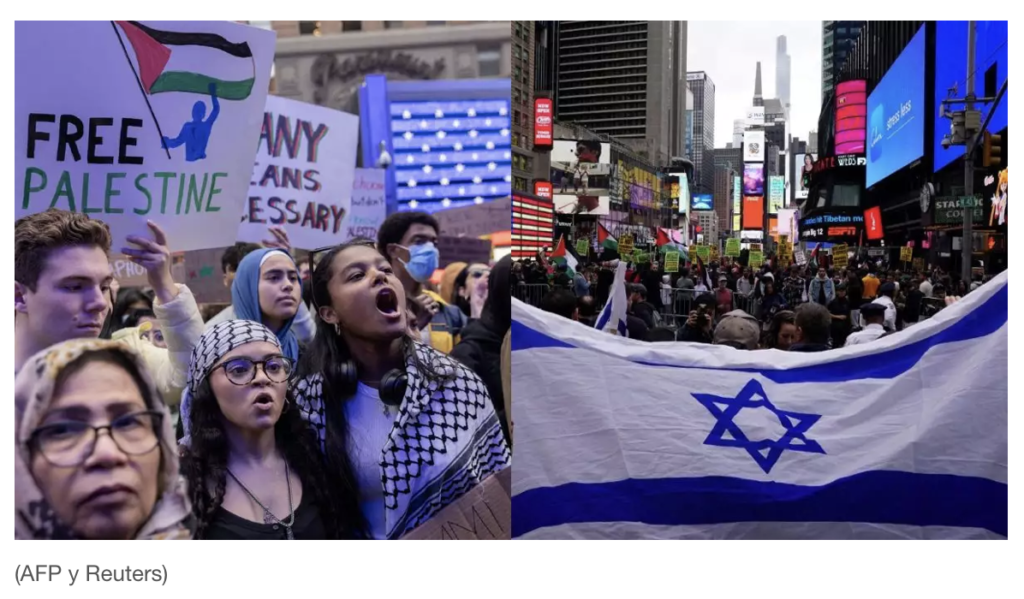
The escalation of violence in Jerusalem quickly spread to other parts of the West Bank and Gaza, with Hamas launching a barrage of rockets into Israeli territory. In response, Israel launched a series of airstrikes on Gaza, resulting in widespread destruction and loss of life. The cycle of violence and retaliation has continued unabated, with no end in sight.
The escalating tensions in the Palestine-Israel crisis of 2024 underscore the deep-rooted nature of the conflict and the urgent need for a political solution. The international community must redouble its efforts to bring both sides back to the negotiating table and work towards a just and lasting peace. Only through dialogue, compromise, and mutual respect can the cycle of violence and suffering be brought to an end in this troubled region.
International Reactions to the Escalating Tensions
The ongoing conflict between Palestine and Israel has once again escalated in 2024, drawing international attention and concern. The root of the conflict lies in the long-standing territorial dispute over land in the region, with both sides claiming historical and religious ties to the land. The recent escalation in tensions has been fuelled by a series of events, including violent clashes between Israeli security forces and Palestinian protesters, as well as the controversial decision by the Israeli government to expand settlements in the West Bank.
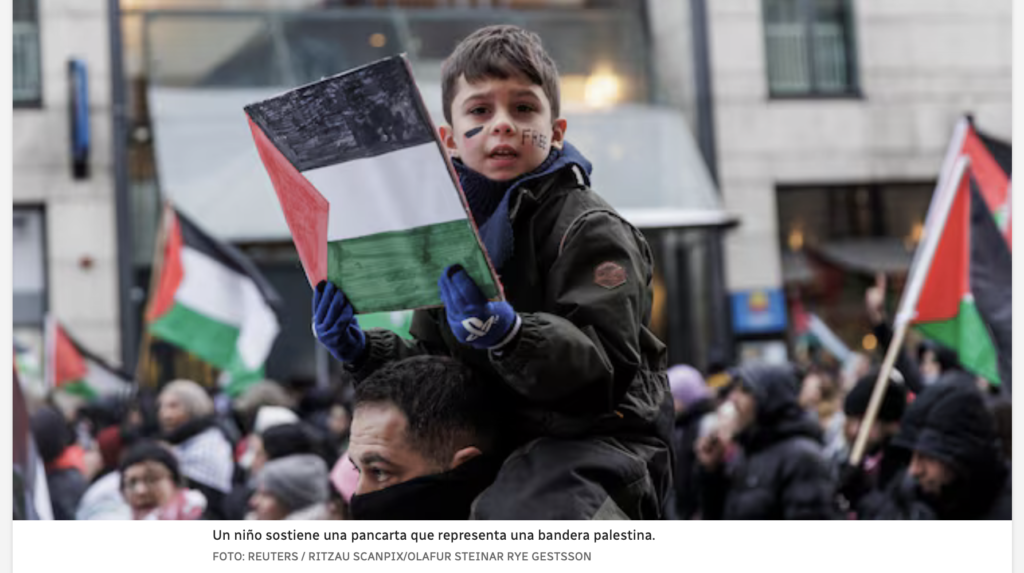
As the situation in the region continues to deteriorate, the international community has been quick to respond. Many countries have condemned the violence and called for an immediate ceasefire to prevent further bloodshed. The United Nations has also been actively involved in trying to mediate a peaceful resolution to the conflict, with Secretary-General Antonio Guterres urging both sides to de-escalate tensions and return to the negotiating table.
One of the key issues that has drawn international criticism is the use of excessive force by Israeli security forces against Palestinian protesters. Human rights organisations have documented numerous cases of excessive force, including the use of live ammunition and rubber bullets, resulting in the deaths and injuries of many innocent civilians. The international community has called for an independent investigation into these incidents to hold those responsible accountable for their actions.
In response to the escalating tensions, several countries have taken diplomatic measures to show their support for either Palestine or Israel. Some countries have recalled their ambassadors from Israel in protest of the government’s actions, while others have expressed solidarity with the Palestinian people and called for an end to the occupation of their land. The United States, a key ally of Israel, has faced criticism for its perceived bias in the conflict, with many accusing the Biden administration of not doing enough to hold Israel accountable for its actions.
The European Union has also been actively involved in trying to de-escalate tensions in the region. EU foreign policy chief Josep Borrell has called for an immediate ceasefire and a return to negotiations to find a lasting solution to the conflict. The EU has also expressed concern over the expansion of Israeli settlements in the West Bank, which are considered illegal under international law.
In addition to diplomatic efforts, there have been calls for economic sanctions against Israel to pressure the government to change its policies towards the Palestinians. Some countries have already taken steps to boycott Israeli products and companies that operate in the occupied territories, while others have called for a suspension of military aid to Israel until it complies with international law.
Despite the international outcry and calls for a peaceful resolution to the conflict, the situation on the ground remains volatile. Both sides continue to engage in violent confrontations, with no end in sight to the cycle of violence and retaliation. The international community must continue to pressure both Israel and Palestine to come to the negotiating table and find a just and lasting solution to the conflict. Only through dialogue and compromise can peace be achieved in the region and the suffering of innocent civilians be brought to an end.
Humanitarian Crisis in Gaza and the West Bank
The ongoing conflict between Palestine and Israel has once again escalated, leading to a humanitarian crisis in Gaza and the West Bank. The root of the conflict lies in the long-standing territorial dispute between the two sides, with both claiming the same land as their own. The recent escalation in tensions has resulted in a significant increase in violence, with both sides engaging in deadly clashes that have claimed the lives of innocent civilians.
The situation in Gaza and the West Bank has become dire, with basic necessities such as food, water, and medical supplies in short supply. The violence has also led to the destruction of homes and infrastructure, leaving many Palestinians without shelter or access to essential services. The United Nations has warned that the situation is rapidly deteriorating, and urgent action is needed to prevent a full-blown humanitarian catastrophe.
The international community has been quick to condemn the violence and call for a ceasefire, but so far, efforts to de-escalate the situation have been unsuccessful. Both sides remain entrenched in their positions, with neither willing to back down. The lack of progress towards a peaceful resolution has only served to exacerbate the suffering of the Palestinian people, who are caught in the crossfire of this long-standing conflict.
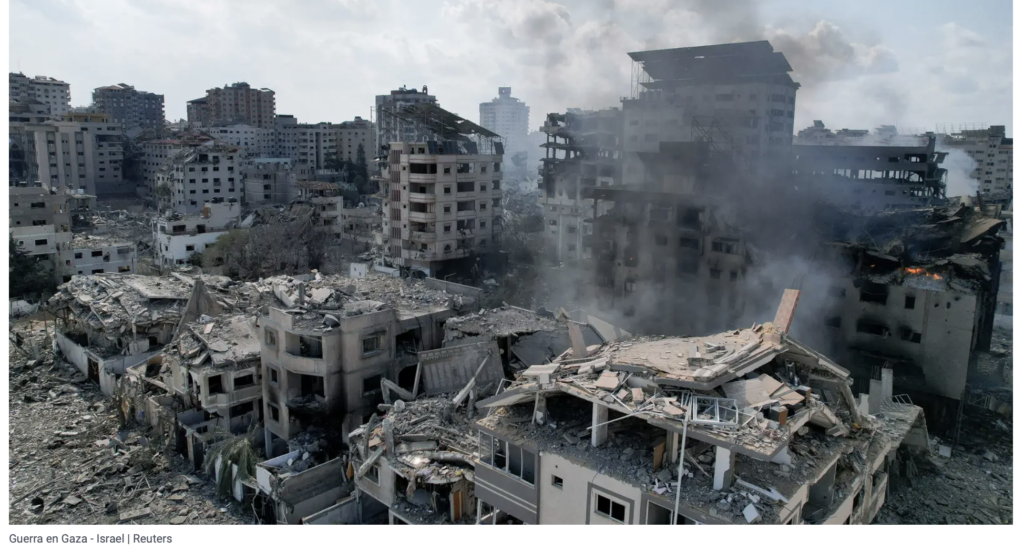
The impact of the crisis on the civilian population in Gaza and the West Bank cannot be overstated. Families have been torn apart, children have been orphaned, and communities have been left devastated by the violence. The psychological toll of living in a war zone is also taking its toll, with many Palestinians suffering from trauma and mental health issues as a result of the ongoing conflict.
The humanitarian crisis in Gaza and the West Bank is further compounded by the lack of access to basic services and infrastructure. The blockade imposed by Israel has severely restricted the movement of people and goods in and out of the region, making it difficult for aid organisations to deliver much-needed assistance to those in need. The situation is made even more challenging by the ongoing COVID-19 pandemic, which has placed additional strain on an already fragile healthcare system.
Despite the challenges, there are glimmers of hope on the horizon. International organisations such as the Red Cross and UNICEF are working tirelessly to provide humanitarian assistance to those affected by the crisis. Local NGOs and community groups are also stepping up to support their fellow Palestinians, offering food, shelter, and medical care to those in need.
In the meantime, the focus must remain on alleviating the suffering of the civilian population in Gaza and the West Bank. Humanitarian aid must be allowed to flow freely into the region, and efforts must be made to rebuild homes and infrastructure that have been destroyed by the violence. Only through a concerted and coordinated effort can we hope to bring an end to the humanitarian crisis in Gaza and the West Bank and pave the way for a more peaceful and prosperous future for all those living in the region.














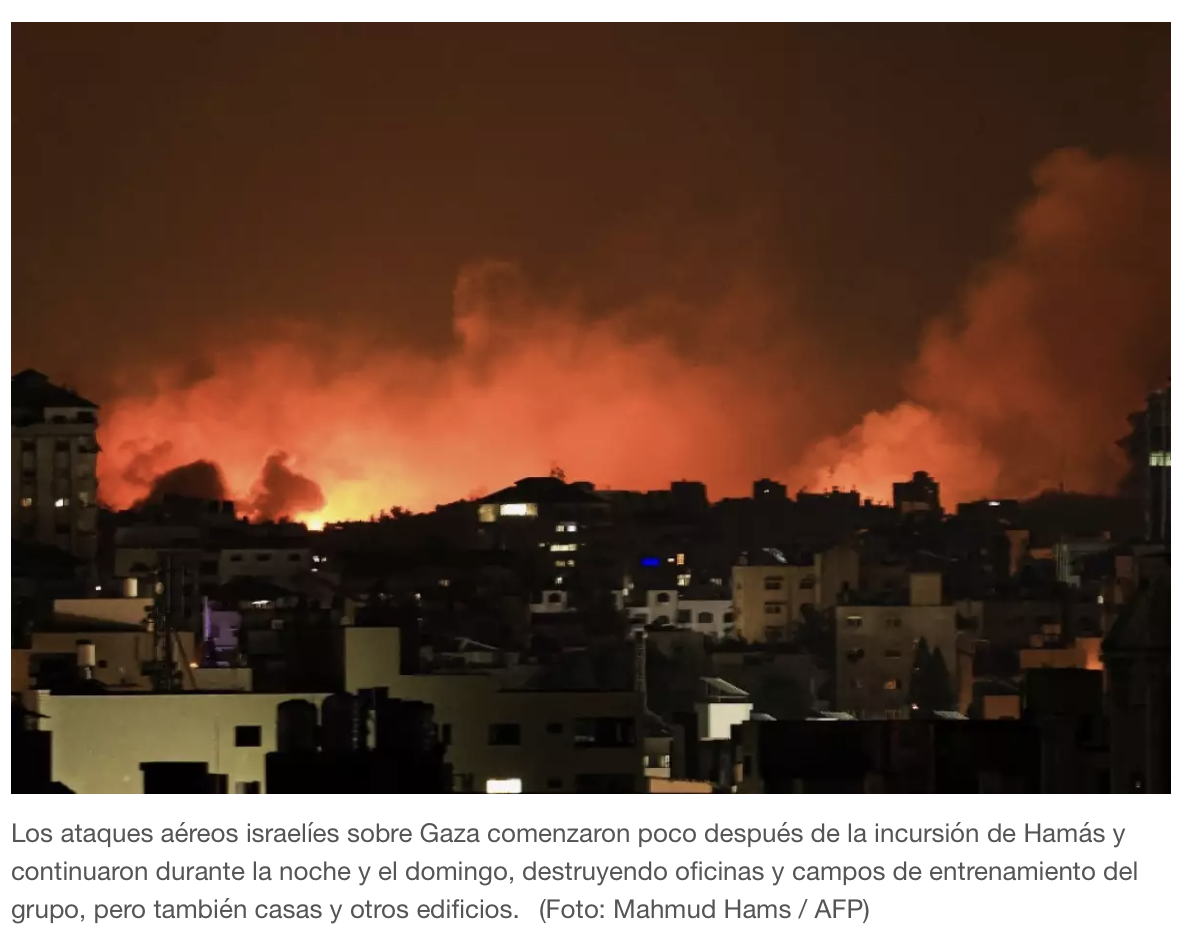





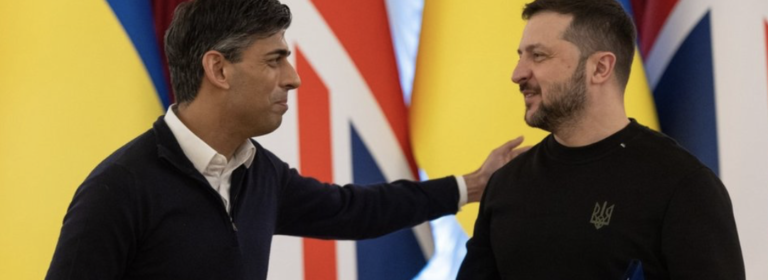
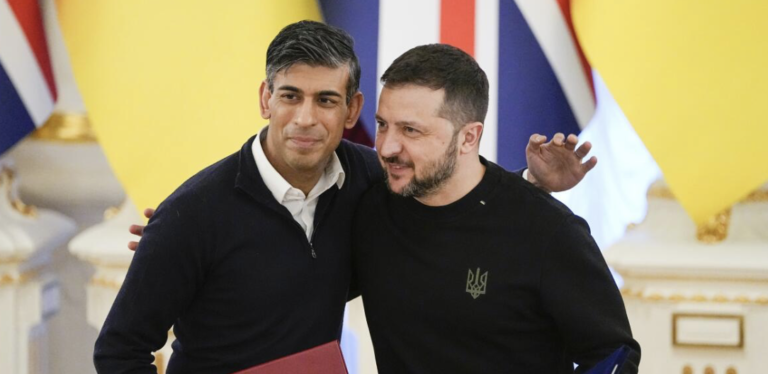
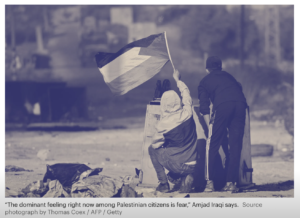









+ There are no comments
Add yours